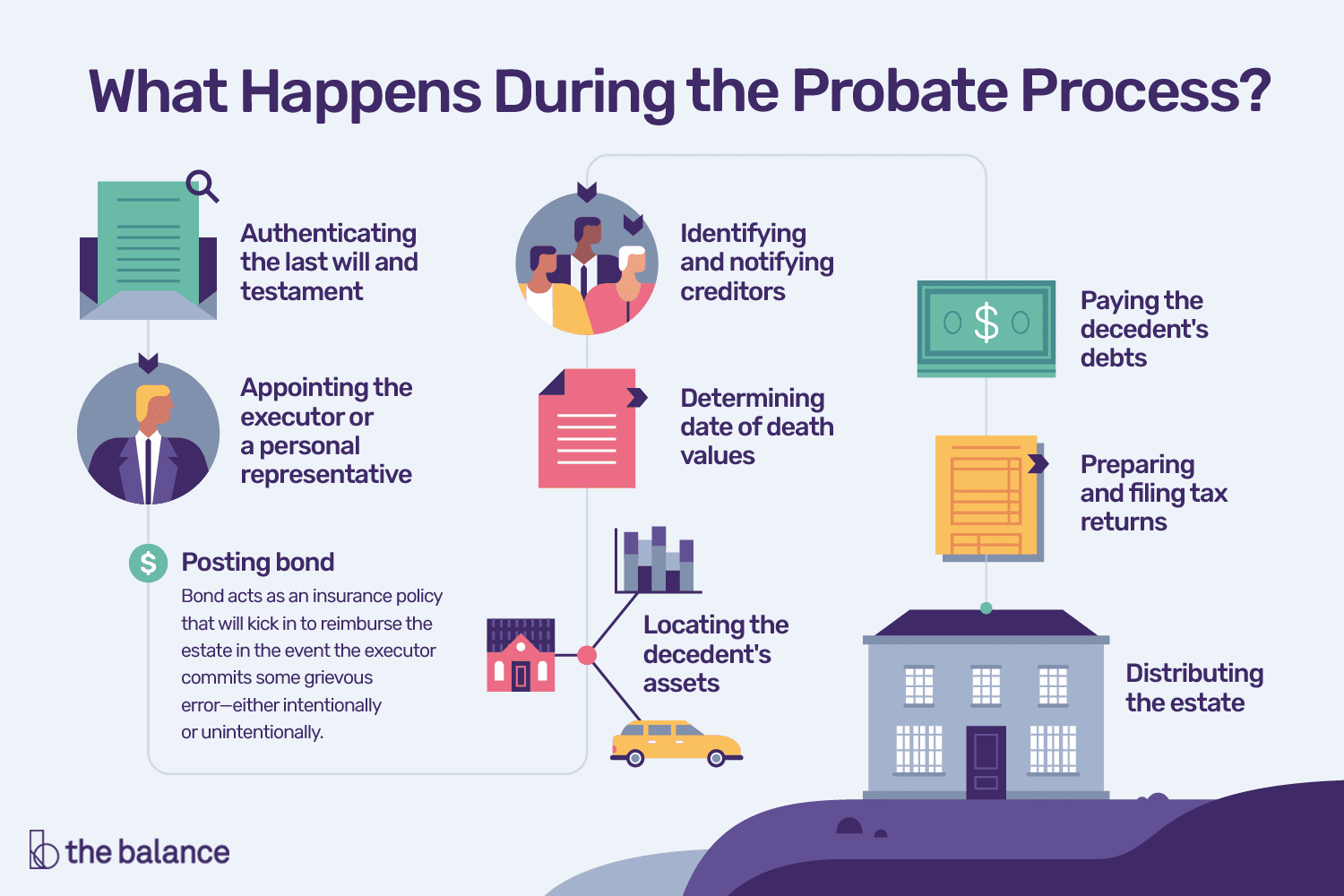Probate? Not a Problem.

Important Points:
Probate sales of real estate are often viewed as difficult and a transaction to avoid. In reality, a probate sale can be a good deal as they are often priced to attract buyers. There are a few extra steps and they can take longer than conventional sales.
There are two particular types of probate sales. One is for a conservatee who is a person still living and may come under the authority of the Public Guardian’s office. The sale of their property is ordered by the judge when funds are needed for the care of the conservatee. In this case, the court has to approve the sale with a prescribed court date and it is subject to overbid at a prescribed formula.
Once an offer is accepted, the buyer has to wait for 15 days for all beneficiaries to be notified and object. Also, the approved listing broker must hold three open houses, on pre-determined dates, within a two week period before an offer can be accepted.
Another type is when someone dies without a will designating who receives the property. State law has a process for who administers the sale and the disbursement of proceeds. The court will approve a listing and the recommended price, which includes an appraisal by the probate referee. There is a specific course of action for this type of sale. The real estate broker will have a higher standard of care in managing the offers on probate properties. Offers must be accompanied by a 10% deposit. The estate representative will then accept or counter the offer to maximize the value. If the court issues Letters of Full Authority, the sales does not have to be approved by the court. Escrow can be opened and closed. If the sale is subject to court approval, there is an opportunity for overbid in court. Even though the seller may have accepted an offer, the seller is not committed to that buyer or their offer. The estate representative, through their probate attorney, will then petition the court to confirm the sale. A sharp listing Realtor will not let the trustee or the personal representative of the estate request a court date until such time as the buyer has removed all contingencies, including appraisal and inspections. Some agents will secure a termite report and a home pre-inspection prior to listing in order to facilitate a faster escrow period. If the court must approve the sale, a date is requested which often takes 30 days to secure. The entire process can take up to 47 days. The court may request evidence that the property has been properly advertised and marketed with the accepted price. In order for the sale to be confirmed, the court requires that interested parties appear in probate court to confirm the sale. The judge will conduct an auction. Any new buyer must follow a formula for overbids. That is 10% of the first $10,000 (which is $1,000), plus 5% of the original bid (minus the $1000),Probate sales of real estate are often viewed as difficult and a transaction to avoid. In reality, a probate sale can be a good deal as they are often priced to attract buyers.
If the property is sold to one of the new bidders, they must immediately hand over a deposit of 10%, remove all contingencies and close within a short period of time. The original buyer should plan to attend to protect their bid. Many times, the 10% deposit is not refundable unless the original buyer isn’t the final court confirmed buyer. Like some other sales, such as bank-owned properties or inherited properties, there is no one to make disclosures, so buyers must protect themselves and use extreme due diligence. Because of the extra steps involved in a probate sale and the level of uncertainty in some cases, the buyer pool may be less and this can be a benefit to a buyer. If an administrator or personal representative is not being guided by a paralegal or attorney, they should use caution in taking the advice of others. It’s hard to undo a mistake. It is generally a condition of a purchase agreement that escrow close within a short period of time after court approval. That means the lender and escrow have to work in tandem to be ready. Probate properties require extra steps, but buyers should not avoid them. Kay Wilson-Bolton is a broker with Century 21 Real Estate Alliance and is the contract broker for the Public Guardian/Public Administrator for Ventura County. She can be reached at 805.340.5025. Kay@realestatemagic.comBecause of the extra steps involved in a probate sale and the level of uncertainty in some cases, the buyer pool may be less, and this can be a benefit to a buyer.
